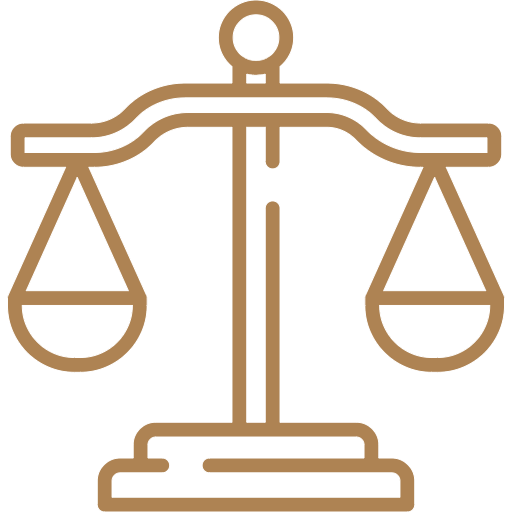Frequently Asked Questions
Workers have rights and obligations. You must first report the accident and injury to your employer as soon as possible after the accident. Any delay in reporting the accident may make it difficult for the WSIB to establish proof of accident.
You have the right to choose where you seek initial medical attention. If you are unable to drive yourself to your physician or the hospital, your employer is responsible for the costs of the transportation.
Your employer must pay you your full wages for the day of accident.
If your claim is allowed, you may be entitled benefits under the WSIB insurance plan. These benefits may include compensation for your loss of earnings, payment for appropriate treatment, and assistance with return to work.
You should first contact the decision-maker at WSIB who made your decision to discuss your concerns. Perhaps there is additional information he/she was not aware of. If there is no change to the decision, you must object to the decision before the deadline date stated in the decision letter. There is a six month deadline to object. To object to the decision you must complete an Intent to Object form which can be found on the WSIB website.
No. There is no requirement for you to have legal representation; however, the WSIB is a complex system. A legal representative has the knowledge and experience to navigate that complex system. The appeal process is issue specific and legal representatives are skilled at identifying the issue and applicable policy, determining what additional evidence may help your case, and preparing a persuasive argument.
Your employer is allowed to fully participate in the appeal process. More often than not they hire their own legal representation. If you attend a hearing unrepresented, you may be at a disadvantage.
The first thing you do is telephone your case manager at the WSIB to report your termination. Depending on the number of employees your employer has and how long you had been employed by them prior to the accident, you may have re-employment rights.
It also matters what stage of recovery you are in at the time you were fired. If you are able to work in some type of capacity it is important to immediately begin researching employment opportunities that you could physically perform. Keep a detailed list of this research, including websites such as Job Bank, and visit your local unemployed help centre to see what assistance they may be able to provide you. This is necessary to show the WSIB that you are doing everything possible to improve your employment situation.
The general answer is no. The WSIB is a no-fault insurance system and while there may be some exceptions, a legal representative is better positioned to determine whether your case is an exception.
Keep track of all of your lost time and ask WSIB to confirm what lost time they have paid for. Also keep track of medical appointments and ask for receipts for any expenses you had to pay out of pocket. There may be additional entitlement that the WSIB has not considered. A legal representative can help you determine whether there is possible additional entitlement.
It is not enough for your doctor to say you are not ready to return to work. The WSIB decides what your functional abilities are. A legal representative can help gather the evidence to support your doctor’s opinion.
You may be able to get your pension increased but a legal representative can determine whether you may be entitled to supplementary benefits.
In most cases, I only get paid if you get paid. There is no benefit to either of us if I ‘walk you down the garden path.’ I will be straightforward and if you don’t have a case, I will say so. I charge on a contingency fee basis where depending on the case, I charge a fee of 20 to 40% of the arrears payments only that are awarded to you by WSIB. A number of factors come in to play when determining the percentage including but not limited to: the risk involved, the time it will take to receive a positive decision from WSIB, the number of WSIB claims, the complexity of the claims and so on.
There are many considerations. It’s important to consider the worker representatives’ WSIB appeals experience. In particular, how many hearings have they attended and how many Tribunal hearings have they represented workers before? How long have they been doing WSIB appeals? Where did they obtain their formal training? Is WSIB law their only area of practice or do they practice all kinds of administrative or disability law? You want to hire a legal representative who has an expertise in worker side WSIB law. That usually comes with years of experience only practicing WSIB law.

